Science-Based Targets Explained
In an era where the urgency of addressing climate change is more pressing than ever, Science-Based Targets (SBTs) have emerged as a critical tool for companies committed to making a real difference. But what exactly are SBTs, and why are they so important? This guide will walk you through the essentials of Science-Based Targets, explaining what they are, how they work, and why they matter for businesses of all sizes. Whether you’re just starting your sustainability journey or looking to refine your approach, understanding SBTs is key to aligning your company’s goals with the global effort to mitigate climate change. Let’s dive in and explore how setting SBTs can future-proof your business and contribute to a sustainable future for all.
What are Science-Based Targets?
In today’s world, companies are under immense pressure to reduce their carbon footprints. But how do they know if their efforts are enough? That’s where Science-Based Targets (SBTs) come into play.
Science-based targets (SBTs) are greenhouse gas (GHG) emissions reduction goals set by companies helping prevent the worst impacts of climate change and future-proof business growth. These targets are considered “science-based” because they are grounded in climate science and ensure that companies are doing their part to prevent global temperatures from rising beyond dangerous levels.
Who ensures compliance?
Short answer: SBTi (The Science Based Targets initiative), but who are they?
- The Science- Based Targets initiative
The SBTi is a collaboration among four environmental powerhouses: the CDP (formerly Carbon Disclosure Project), the United Nations Global Compact, World Resources Institute (WRI), and the World Wide Fund for Nature (WWF). This initiative provides companies with the guidance, tools, and support through the complex process of setting and achieving their SBTs, aligning your company’s emissions reductions goals with what the planet needs.
Are SBTs a matter for all companies?
Yes, while some companies might perceive SBTs as relevant only to large corporations or certain industries, the reality is that every company has a role to play in addressing climate change. Science-Based Targets (SBTs) are increasingly relevant to all companies, regardless of size, industry, or geographic location. Here’s why:
Global Responsibility
- Climate Change Impact: Climate change affects everyone, and all companies contribute to it in some way. By setting SBTs, companies take responsibility for their share of greenhouse gas emissions and contribute to global efforts to mitigate climate change.
Business Resilience
- Risk Management: Climate-related risks are becoming more prevalent. By setting SBTs, your company can proactively manage these risks and ensure long-term business viability.
- Unlock Innovation: The journey to achieving SBTs often leads to innovative practices and technologies, driving efficiency and growth.
Investor and Consumer Expectations
- Sustainability Demand: Investors, consumers, and other stakeholders are increasingly demanding transparency and action on climate change. Companies that adopt SBTs demonstrate a commitment to sustainability, which can enhance their reputation and attract investment.
- Regulatory Pressure: Governments and regulatory bodies are setting stricter environmental standards. Companies with SBTs are more likely to comply with future regulations and avoid potential penalties.
Financial Performance
- Cost Savings: Achieving SBTs often involves improving energy efficiency, reducing waste, and optimizing resource use, all of which can lead to significant cost savings.
- Access to Capital: Companies with strong sustainability practices, including SBTs, may have better access to capital as investors increasingly factor environmental performance into their decisions.
Is it too late for you to start setting Science-Based Targets (SBTs)?
While the best time to start might have been years ago, the second-best time is now. Climate experts agree: the world is on a tight deadline. Science-Based Targets (SBTs) offer a clear, actionable pathway for companies to align their goals with global climate needs. But these targets come with specific timelines:
- 2030: The critical year for major emissions reductions. Companies are expected to achieve substantial cuts in their greenhouse gas emissions by this date to avoid the worst impacts of climate change.
- 2050: The ultimate goal—net-zero emissions. This is the point where the amount of greenhouse gasses emitted is balanced by the amount removed from the atmosphere. Companies that don’t act now risk falling behind and facing severe consequences.
How do I start?
Setting your Science-Based Targets (SBTs) is a critical step in aligning your company’s emissions reduction efforts with the latest climate science. Setting a science-based target is a five-step process:
- Commit: submit a letter establishing your intent to set a science-based target
- Develop: work on an emissions reduction target in line with the SBTi’s criteria
- Submit: present your target to the SBTi for official validation
- Communicate: announce your target and inform your stakeholders
- Disclose: report company-wide emissions and track target progress annually
To help you navigate the process with confidence, there’s a comprehensive guide available that covers each step in detail, from initial commitment to tracking your progress. This resource offers practical insights and clear instructions to ensure you set your Science-Based Targets effectively HERE
Do I need a third party through all this process?
You don’t necessarily need a third party to set Science-Based Targets (SBTs), but involving external experts can be highly beneficial. Here’s a breakdown of when and why you might want to consider third-party support:
Initial Guidance and Planning: Setting SBTs involves understanding complex climate science and emission accounting. Consultants with expertise in sustainability and climate strategy can provide valuable guidance and help you navigate the process.
Calculating Emissions: Conducting a comprehensive greenhouse gas (GHG) inventory requires accurate data collection and analysis. Third-party firms specializing in carbon accounting can ensure that your emissions data is reliable and complies with standards.
Developing and Validating Targets: The Science Based Targets initiative (SBTi) provides target validation services. While you can submit targets directly, third-party consultants often help prepare and review your submission to ensure it meets all requirements.
Reporting and Communication: Regular reporting to the SBTi and stakeholders requires clear and accurate communication of your progress. Consultants can help you prepare detailed reports and manage stakeholder communications effectively.
The ZenithNet-Zero team includes experts who can guide you and your company in understanding your net-zero needs and achieving your sustainability goals
The increasing relevance of SBTs across all industries underscores the universal responsibility businesses have in addressing climate change. Whether through enhanced risk management, fostering innovation, or improving financial performance through operational efficiencies, the benefits of setting and achieving SBTs are profound and multifaceted. Moreover, they provide a clear, actionable pathway for companies at any stage of their sustainability journey to align their operations with stringent environmental standards and societal expectations.
In essence, embracing SBTs is about future-proofing your business, demonstrating genuine sustainability leadership, and contributing to a global movement towards a more sustainable and resilient future. The path is clear, and the time to act is now—setting your Science-Based Targets is a definitive step towards making a meaningful difference in the world while securing your company’s place in the future of business.
Questions?
If you can’t find the answer you’re looking for, feel free to write to us. Help us make this blog a rich source of environmental insights and news.







